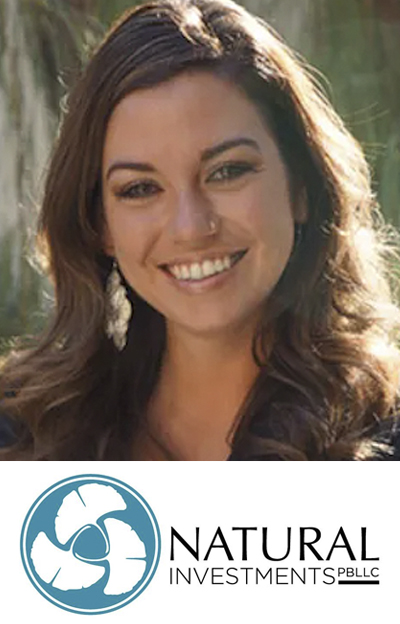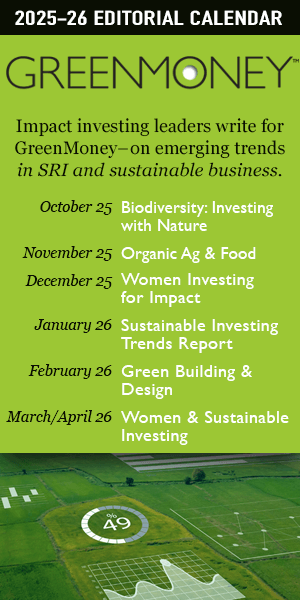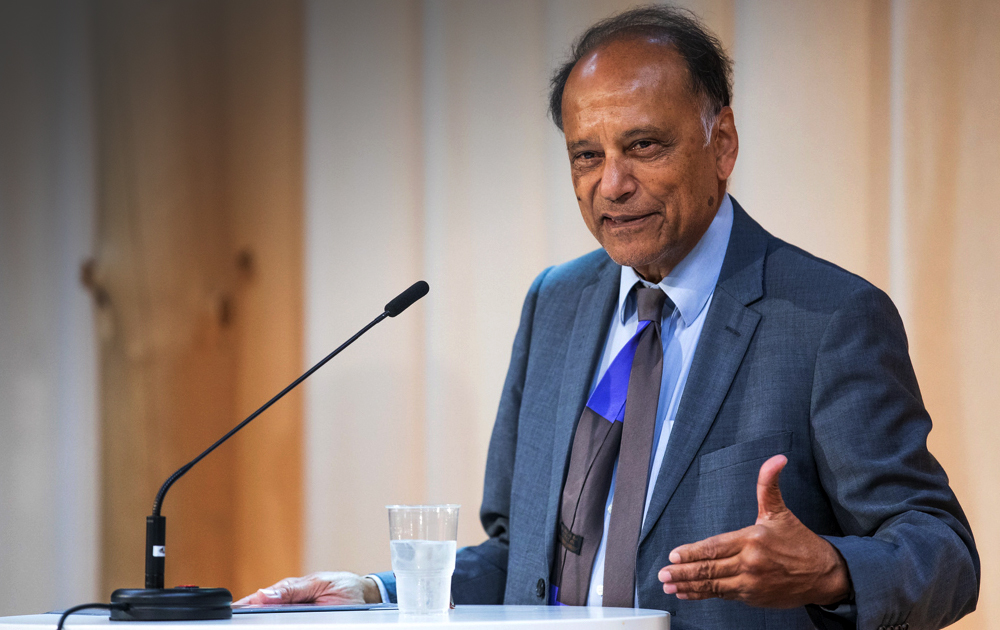The Rising Cost of Insurance Coverage
The rising cost of insurance, which is largely attributed to extreme weather events, is becoming an increasing financial strain on households. Premiums increased 8.7 percent faster than the rate of inflation from 2018 to 2022, according to Treasury Department data, and it’s only getting worse. The Joint Center for Housing Studies of Harvard University reported premiums rose 20 percent between 2020 and 2023, and a Matic article found that recent record-breaking premium increases affected both new policies and renewals. In 2024, homeowners saw premiums surge 17.4 percent for new policies, meaning the average homeowner who bought their policy in 2021 was paying nearly 69 percent more three years later. Traditional insurance models are ill-suited to adapt to a changing climate, as carriers can only offer policies when they can reliably predict losses, claims, and financial liability.
Adapting to a New Reality
However, as climate change fuels more volatile weather patterns, claims become increasingly unpredictable, putting the entire system under pressure.
In some cases, insurance companies are leaving at-risk communities altogether. For example, the Los Angeles Times reported that State Farm didn’t renew approximately 72,000 California policies last year, while Allstate, Farmers Insurance, USAA, Travelers, Nationwide, and Chubb have also limited new homeowner policies in the state, forcing the government’s California FAIR Plan to provide coverage for homeowners who would otherwise struggle to secure a policy. While the importance of government programs shouldn’t be understated, they are a band-aid, not a solution.
Natural Investments has long provided opportunities for investors to broadly invest in the green economy as well as in specific sectors like renewable energy, green real estate, organic and regenerative agriculture, sustainable forestry, water conservation and access, and alternatives to animal proteins. Funds such as US Vegan Climate ETF (VEGN), AXS Green Alpha ETF (NXTE), and Adasina Social Justice All Cap Global ETF (JSTC) all center their investment theses around the green economy, as well as racial, gender, economic, and climate justice; anti-animal cruelty; ameliorating environmental damage; and protecting human rights.
Sector funds supporting specific green strategies that are needed to mitigate climate risk — including Vert Sustainable Global Real Estate ETF, Tortoise Global Water ESG Fund, and GlobalX Renewable Energy Producers ETF — all support green infrastructure, water access and conservation, and renewable energy production.
Calvert Impact Capital offers a Cut Carbon Note that finances sustainability upgrades for commercial buildings with the objective of reducing carbon emissions. This is their second note series, as their first one, Community Investment Notes, turned 30 this year and focuses on low-income home ownership and entrepreneurship worldwide, among other things. Accredited investors can also own private investments in realms such as regenerative agriculture and forestry, affordable green and cooperative housing, and solar power for diverse low-income communities.
Climate change presents profound and expansive challenges, but that doesn’t mean it’s time to abandon hope or our existing system. Rather, now is the time to educate yourself, ask for guidance, and begin integrating these considerations into your financial plan:
Ask your financial advisor about the growing dislocation in insurance markets. Inquire about regional risk and how to avoid or prepare for higher premiums.
• Investigate exposure to climate risk before buying or selling real estate and consider the potential impact of insurance availability on property values.
• Consider building or growing an emergency fund to cover uninsured property damage.
• Ask your financial advisor about your retirement income needs and if they should be increased to cope with a higher-than-anticipated cost of living.
• Continue to monitor how climate is impacting housing and the economy, as well as ways to build resilience into your local community and financial future — including your investments.
Moving Forward with Resilience
Climate change is undeniably reshaping our world — including the way we plan for the future. It’s a challenge that demands both awareness and proactive solutions. While the risks are significant, the choices we make today — as individuals, families, and communities — can help mitigate these impacts. By integrating climate-conscious practices into our daily lives, supporting sustainable businesses, and making strategic financial decisions and investments, we can build a future that not only endures, but thrives.
What Can We Do?
How can we take initiative and plan effectively in response to these variables? We can begin by taking meaningful action through our daily choices, purchases, and investments to help mitigate the effects of climate change. We encourage you to explore the personal and local resilience strategies featured in our book, The Resilient Investor. These include approaches that enhance personal and community self-sufficiency — such as community-supported agriculture, green cohousing, locally-owned energy sources, and rainwater harvesting — all of which strengthen social connections and help meet our survival needs. Empowerment comes from reducing reliance on corporate imports and focusing more on “the collaborative commons,” where we depend on each other and create regenerative homes and neighborhoods that fulfill many of our needs. This requires a mindset shift, but it seems necessary to thrive in these turbulent times.

Shopping and banking. Shopping and banking are both opportunities to align your values with your money. Consider purchasing second-hand goods rather than ones made from new raw materials and repairing items when possible. Look for Climate Neutral Certified or ClimeCo Certified brands, which address deforestation, labor conditions, packaging, water, and renewable energy used in production.
Supporting a local credit union helps to ensure that your money is recirculated among its members rather than supporting potentially objectionable projects and industries. Climate First Bank is also the first sustainability-focused bank in the nation.
Investing. Is there such a thing as a climate-resilient investment portfolio? While there’s no magic wand to instantly solve humanity’s challenges, Natural Investments employs several responsible investment strategies to drive the changes we seek:
1. Engaging companies so they may acknowledge climate change risk and adapt accordingly.
2. Investing in the green economy and low-income housing, businesses, and communities that create regional resilience through appropriate, just, and sustainable development.
3. Advocating for public policies that support the transition away from carbon fuel and towards regenerative food, energy, and building systems.
Article by Brittany Damico is a financial advisor with Natural Investments, PBLLC, where she helps individuals and families align their portfolios with their values through sustainable, responsible, and impact investing. She holds the Chartered SRI Counselor™ (CSRIC®) designation and with nearly two decades of experience in the financial services industry — including leadership roles at Change Finance, Ethos ESG, and O-Six Impact Partners. Brittany brings deep expertise in socially responsible investing, personal finance, and behavioral economics.
Brittany’s commitment to conscious capitalism is grounded in both her academic background and global perspective. A lifelong learner, she spent several years living abroad to expand her worldview, ultimately earning a graduate degree in Ecological Economics from the University of Edinburgh to deepen her understanding of how sustainability can drive a more resilient and equitable economy. She draws from these diverse lived experiences to approach wealth stewardship with empathy and ecological insight. Outside of her advisory work, Brittany serves as a board member for Auricle Productions, a nonprofit focused on environmental journalism, and is also a certified yoga instructor.



















